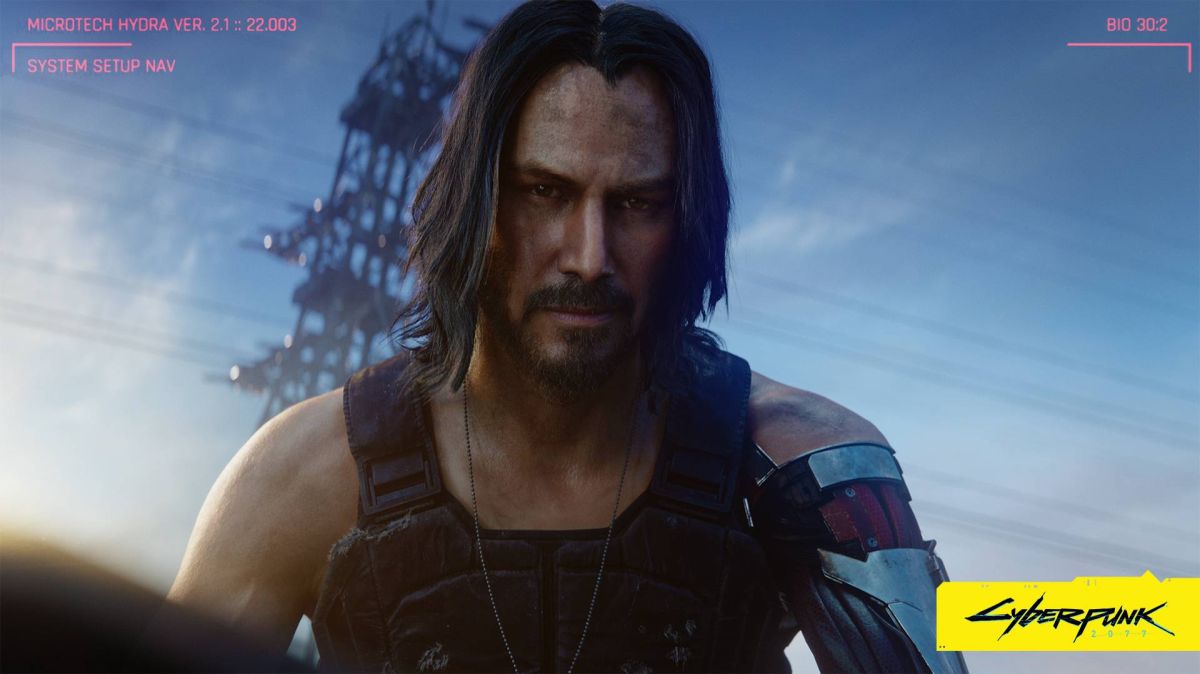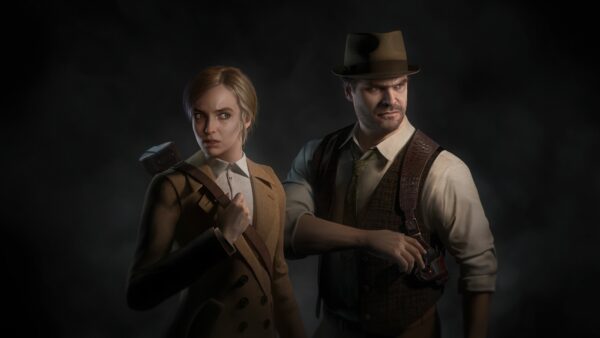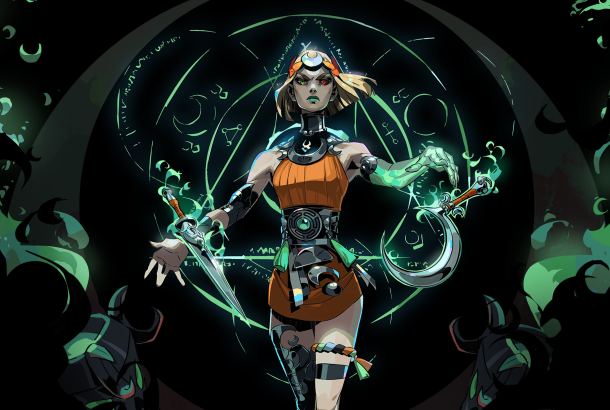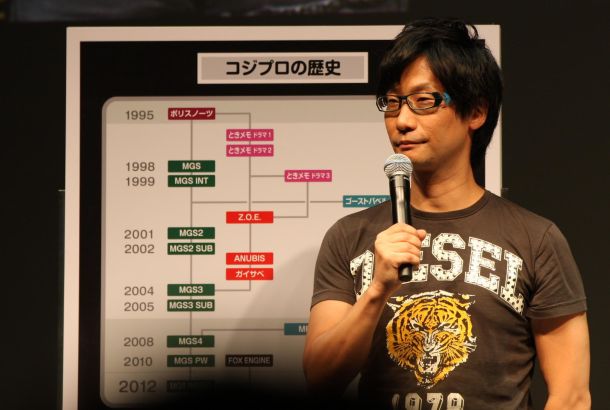Celebrities just can’t rescue bad games
By Anna Pirie

So, the reviews are out for the remake of Alone in the Dark, and it’s not looking great. The original game, released in 1992, acted as a precursor to other major horror games, and, in turn, has now moved to follow those same franchises by releasing a modern remake, a supposed “love letter to the ground-breaking original.” It also boasts the faces of celebrities Jodie Comer (Killing Eve) and David Harbour (Stranger Things) on its cover, an entirely new addition.
Alone in the Dark seems interested in copping the style of other recent horror titles, clearly deriving many of its ideas from the modern Resident Evil franchise, and yet also noticeably deviates from the Resident Evil formula of remake in its casting of celebrity actors. Comer and Harbour both voice act and provide their likenesses (ensuring players can recognise the faces on their screens) to the two lead roles, and the game’s official website boasts them as “A-List Acting Talent.” Neither of their “talent,” however, has proved to be enough to rescue the game from performing poorly both critically and commercially.

This is far from the first time a game has attempted to use its leading celebrity actors for player appeal. Probably the most famous one in recent memory is CD Projekt Red’s decision to cast Keanu Reeves in the role of Johnny Silverhand for Cyberpunk 2077. Reeves featured heavily in the game’s marketing and had his famous ‘you’re breathtaking’ moment onstage at E3, although failed to deliver the same energy when it came to his actual performance in the game. Reeves was, in my opinion, a bit miscast for the role of Silverhand, an anarchic rockstar-cum-terrorist; it’s a role I felt required a bit more acting prowess, and preferably from someone who actually suited Silverhand’s personality and age.
All of this, was, of course, a marketing strategy – and it was one that proved to work very well, for a game that ultimately proved to be, charitably, rather middling. Indeed, it proved so successful that, when Projekt Red set upon creating and marketing the game’s expansion Phantom Liberty, they quickly signed Idris Elba to the project and similarly featured him heavily in the marketing, which apparently was enough to make people forget how underbaked the game originally was.
Featuring an actor flexing their acting skills in a different medium should hardly be considered a controversial choice, and yet, like Cyberpunk, some games just reek of desperation when casting a celeb with little to no experience in voice acting or motion capture, particularly when an effort is made to ensure the character looks identical to the celebrity. It doesn’t help that, celebrated actor or not, their voice acting (a bit of a different skill from stage or screen acting) tends towards the awkward and clunky, typically from inexperience – casting choices made obviously as marketing decisions, rather than genuinely believing in the quality of the celeb’s performance.
Giancarlo Esposito’s casting as the major villain of Far Cry 6 ostensibly wouldn’t seem like a particularly strange choice; Esposito tends to be typecast as baddies, and seems like a great fit for the Far Cry formula of focusing on charismatic yet villainous political leaders. But, and I don’t say this to demean Esposito’s performance in the game, his presence became unnecessarily overbearing across its length. Being the only major celebrity amongst a sea of unfamiliar faces and voices is… distracting, to say the least. And his inclusion did nothing to fix the issues critics had with the game, as well.
I don’t mean all of this to say that featuring celebrities in video games is a universal negative; occasionally, it’s done very well. Portal 2 famously featured the voices of J. K. Simmons and Stephen Merchant, whose performances worked wonderfully in the game’s favour, and neither of whom were featured in its marketing. Simmons also went on to play General Ketheric Thorm in Baldur’s Gate 3, a real career-high of performance in my own opinion. I’ve also got to mention Matthew Perry’s performance in Fallout: New Vegas as Benny, the guy who shoots you in the head in the game’s opening sequence; I’m pretty sure I can still quote his monologue word-for-word, although it’s not something I’m proud of.
I even think that featuring a celebrity can be somewhat self-aware, and better for it. Dead by Daylight, famed for featuring characters from a wide variety of horror franchises, last year straight up just added Nicholas Cage as one of its survivors. Nicholas Cage. The actor. Voiced by himself. It’s a bit of an odd choice, and yet somehow manages to fit the game’s patchwork vibes nevertheless.
My point is, celebrities need not be a negative force in video games. Their inclusion can be a force for good. I’m aware this isn’t exclusive to the games medium – films and TV are definitely guilty of this too – but I do think it sticks out more. I’m so used to feeling immersed in games populated by chameleon-like voice actors (I mean, even after hours of listening to Critical Role, I didn’t even recognise Matthew Mercer in Baldur’s Gate 3) that, when I am confronted by the face of a mega-celebrity, it’s really distracting.
It’s disappointing to see THQ Interactive fall into the same trap plenty of other developers have, and will continue to fall into, and horribly mirrors the current issue the animated film industry has with celebrities taking unnecessary voice-acting roles. Ultimately, it seems as though we’re slowly chugging towards a future where Chris Pratt will somehow be cast as Gordan Freeman in the next Half-Life game (if it ever comes…).







